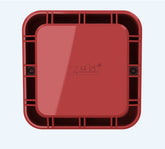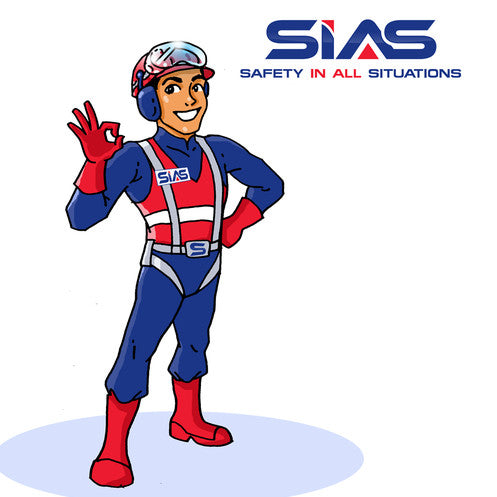When it comes to fire protection for critical facilities like data centers, control rooms, and telecom hubs, FM-200 systems are a trusted solution. However, to ensure they perform effectively when needed, regular maintenance — including refilling — is essential.
One of the most common questions we get is: how often should you refill your FM-200 system?
Let's break it down.
Understanding FM-200 Refilling
FM-200 (also known as HFC-227ea) is a clean agent gas that suppresses fires quickly without leaving any residue. The system is designed to discharge only when it detects a fire event.
Unlike water sprinkler systems, FM-200 systems do not leak or evaporate under normal conditions. The gas remains securely contained in cylinders — unless activated or if a leak occurs.
Thus, FM-200 systems do not require regular refilling on a time-based schedule like, for example, portable fire extinguishers.
Refilling is only necessary under two circumstances:
- After a system discharge
- If a leak or loss of pressure is detected during inspection.
How Often Should FM-200 Cylinders Be Checked?
While refilling happens as needed, regular inspections are mandatory to ensure the system's readiness:
| Task | Frequency |
|---|---|
| Visual inspection of cylinders (pressure gauge checks) | Monthly |
| Full cylinder weight and pressure verification | Annually |
| Room integrity (door fan) testing | Every 1 to 5 years (recommended) |
Key Indicators That a Refill is Needed
- Pressure gauge shows under-pressure
- Post-discharge (after a fire incident or false activation)
- Detected leak during maintenance checks
- Cylinder valve faults or mechanical damage
- Regulatory compliance after system tampering or cylinder relocation
What Happens During an FM-200 Refill?
When a refill is required, a professional service provider like us will:
- Safely depressurize and empty any remaining gas.
- Inspect and test the cylinders for integrity.
- Refill with FM-200 gas to precise factory specifications.
- Reinstall, leak-test, and recalibrate the system.
At Turxin Engineering Limited, we perform full FM-200 refilling and recommissioning according to NFPA 2001 and international best practices, ensuring your facility stays fully protected.
Final Thoughts: Be Proactive, Not Reactive
FM-200 refilling isn't based on a calendar schedule — it's based on system events (like discharge) and inspection results.
That's why routine inspections and professional servicing are critical to avoid unexpected system failure during an emergency.
If your FM-200 system has discharged, lost pressure, or is due for an inspection, contact us today.
We offer fast, professional FM-200 refilling services, including pressure testing, cylinder hydrostatic testing, and recommissioning for all types of clean agent systems.
📞 Need urgent FM-200 refill services? Reach out to our technical team now for a free consultation.









 Whatsapp Us!
Whatsapp Us!